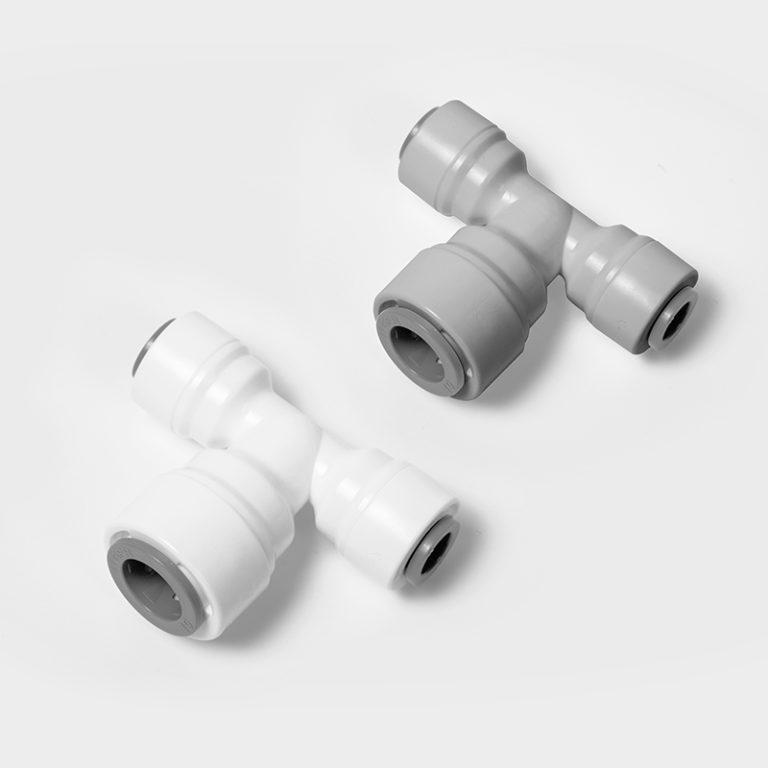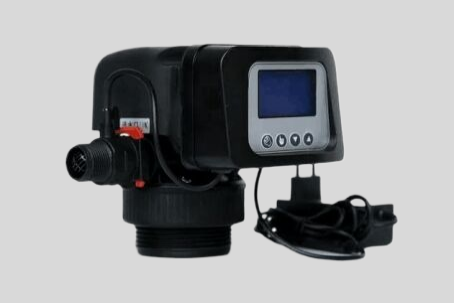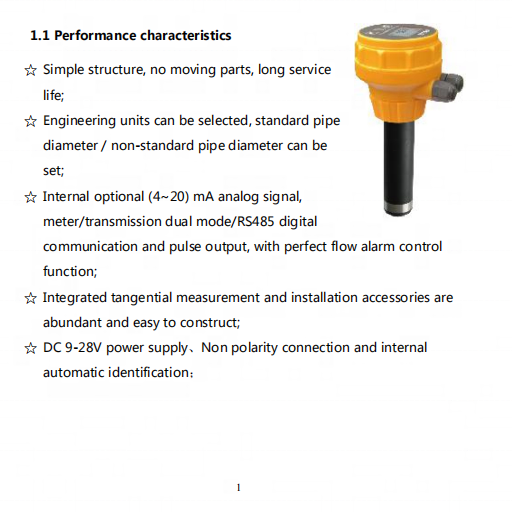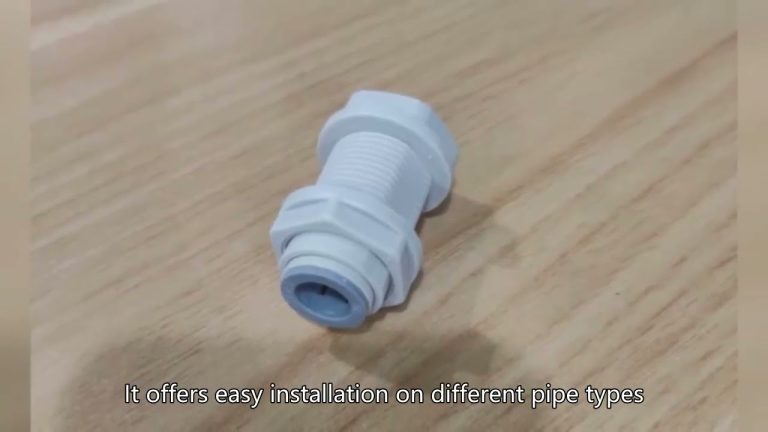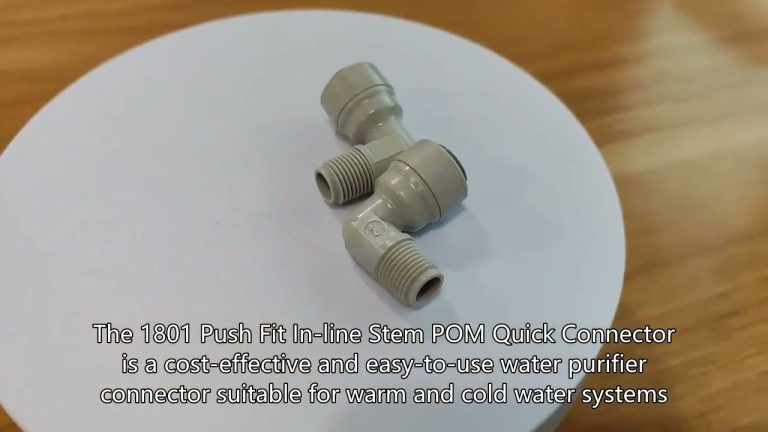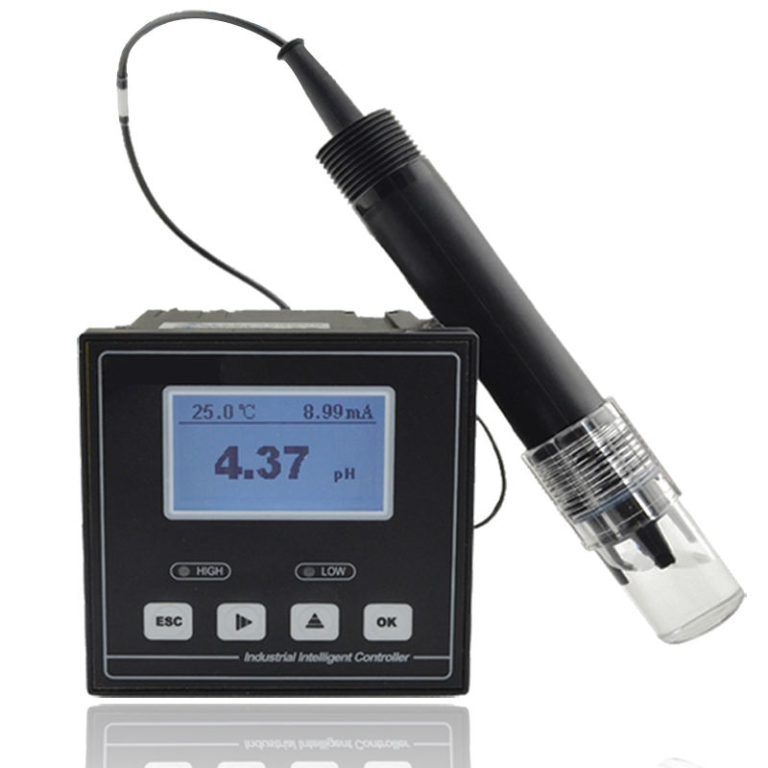“Pure, Refreshing Water: Experience the Benefits of Softened Water with Our Advanced Water Filter”
The Effectiveness of Water Filters in Softening Water
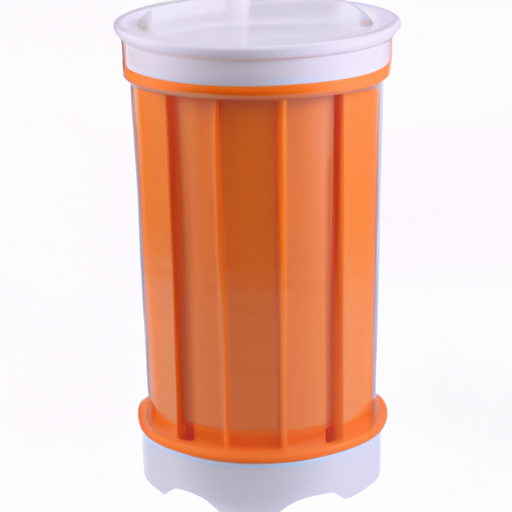
Water filters are commonly used to improve the quality of drinking water by removing impurities and contaminants. However, many people wonder if these filters can also soften water. Water softening is the process of reducing the concentration of minerals, such as calcium and magnesium, which can cause hardness in water. In this article, we will explore the effectiveness of water filters in softening water.
To understand whether water filters can soften water, it is important to first understand how water softening works. Traditional water softeners use a process called ion exchange to remove calcium and magnesium ions from the water. These ions are replaced with sodium ions, resulting in softer water. However, water filters do not typically use ion exchange as a method of softening water.
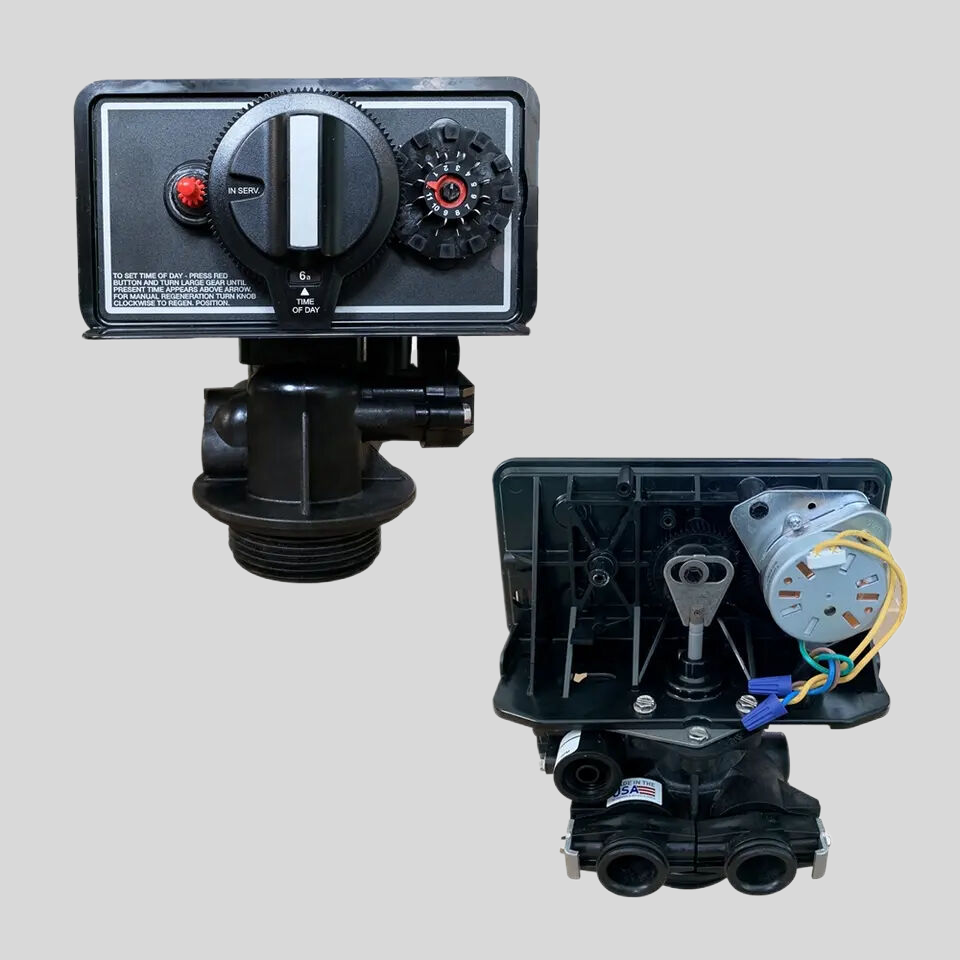
Most water filters are designed to remove impurities and contaminants through physical filtration or chemical processes. Physical filtration involves passing water through a porous material, such as activated carbon or ceramic, which traps particles and sediments. Chemical processes, on the other hand, involve the use of substances like activated alumina or zeolite to chemically bind with impurities and remove them from the water.
| Model | Valve Material | Inlet/Outlet | Continuous (0.1Mpa drop) | Peak (0.175Mpa drop) | Cv** | Maximum Backwash (0.175Mpa drop) | Distributor Pilot | Drain Line | Brine Line | Mounting Base | Height (from top of the tank) |
| CM28 | Unleaded brass | 1-1/2″ | 11.5m³/h | 15m³/h | 13.2 | 49gpm | 1.5″I.D. | 1″(male) | 1/2″, (3/8″) | 4″-8UN | 6-1/2″ |
While these filtration methods can improve the taste and quality of water, they do not have the same effect as traditional water softeners in terms of reducing water hardness. Water filters are not specifically designed to remove minerals that cause hardness, such as calcium and magnesium. Therefore, using a water filter alone may not effectively soften hard water.
However, there are some water filters on the market that claim to have water softening capabilities. These filters often use a combination of physical filtration and chemical processes to reduce water hardness. For example, some filters may use a resin bed that can exchange calcium and magnesium ions for sodium ions, similar to traditional water softeners. These filters are often referred to as “salt-free” water softeners.
It is important to note that the effectiveness of these salt-free water softeners in softening water can vary. Some users report noticeable improvements in water softness, while others may not experience the same results. Additionally, these filters may not be as effective as traditional water softeners in areas with extremely hard water.
If you are looking to soften your water, it is recommended to consult with a water treatment professional who can assess your specific needs and recommend the most suitable solution. They can help determine whether a water filter with softening capabilities or a traditional water softener would be the best option for your situation.
In conclusion, while water filters can improve the quality of drinking water by removing impurities and contaminants, they are not typically designed to soften water. Traditional water softeners that use ion exchange are more effective in reducing water hardness. However, there are some water filters on the market that claim to have water softening capabilities, although their effectiveness may vary. It is best to consult with a water treatment professional to determine the most suitable solution for your specific needs.

